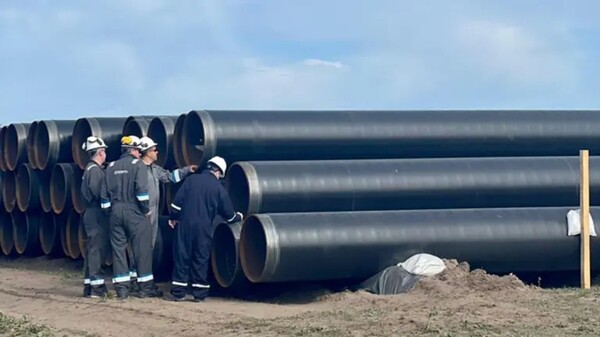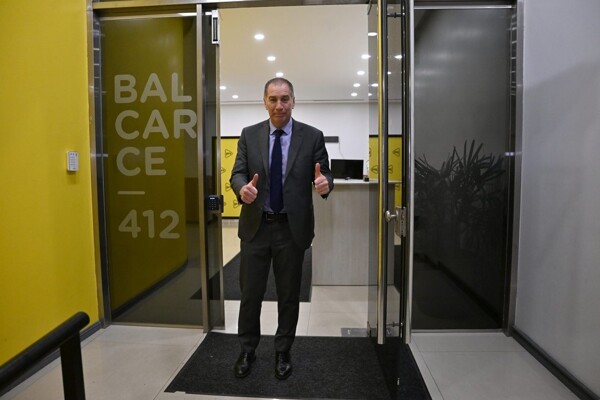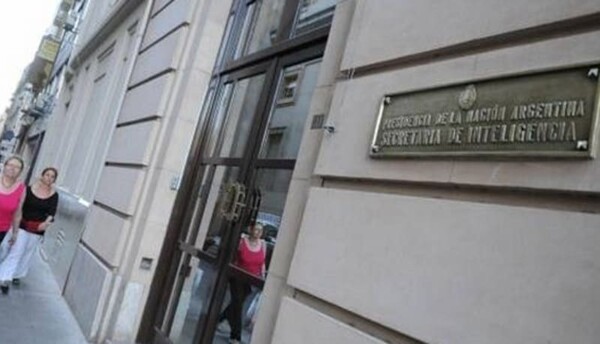The government of Argentine President Javier Milei defended police repression to dissolve a rally in support of retirees and asserted that the protest, which resulted in more than 100 arrests and nearly fifty injuries, constituted an attempt to destabilize the executive. National Security Minister Patricia Bullrich described what happened on Wednesday around the Parliament building as a situation of "extreme gravity," with protesters armed with knives and firearms prepared to "generate violence."
In a press conference, Bullrich claimed that a decision was made to start dispersing the violent individuals from the very beginning. "Those who generate violence will face state repression," Bullrich warned, stating that the police operation was "appropriate."
The mobilization included unions, social organizations, and soccer fans in solidarity with retirees who demand an update to their pensions every Wednesday in front of Congress, which are at a very low level. Federal security forces and the police in the capital charged at the protesters to disperse the demonstration, resulting in 46 injuries and 124 arrests.
Bullrich stated that she would request the immediate expulsion of a Mexican and a Peruvian detained during the march from Argentina. She also announced that Milei's executive and the capital government would file a joint criminal complaint against the detainees "for sedition, for being against security forces, and for assault and resistance to authority."
Bullrich pointed to Leandro Caprioti, a fan of the Chacarita Juniors soccer club, as the "main organizer" of the march, which, according to the minister, involved fans from several other clubs. She also noted that part of the demonstrators left from the municipality of La Matanza, whose mayor, the Peronist Fernando Espinoza, she accused of "allowing the organization of violent individuals." Furthermore, she claimed another group left from the Peronist-governed municipality of Lomas de Zamora.
According to Bullrich, "this was all organized with the aim of destabilizing the government, and they will attempt to do it every Wednesday." "It was a march organized by groups, by violent fans, radical left-wing organizations, and various sectors seeking the total and absolute destabilization of our government," she insisted.
Milei's executive also criticized Judge Karina Andrade, who ordered the release of 114 detainees. "Fundamental constitutional rights were at stake, such as the right to protest, to express oneself in democracy, to petition the authorities, and to freedom of expression," the judge justified in her ruling.
Among the injured during the repression of the march is photographer Pablo Grillo, who was hit in the head by a gas cartridge and remains hospitalized in Buenos Aires in serious condition. In solidarity with Grillo, graphic reporters from Argentina held a "camera shot" at the Congress doors, condemning the actions of security forces and demanding that Bullrich be removed from her duties.
Bullrich stated that she "greatly regrets" Grillo's condition but affirmed that the person who fired "the non-lethal weapon, a gas grenade, used it correctly." "It rebounded off a barricade with fire that had been created by the violent militants."














